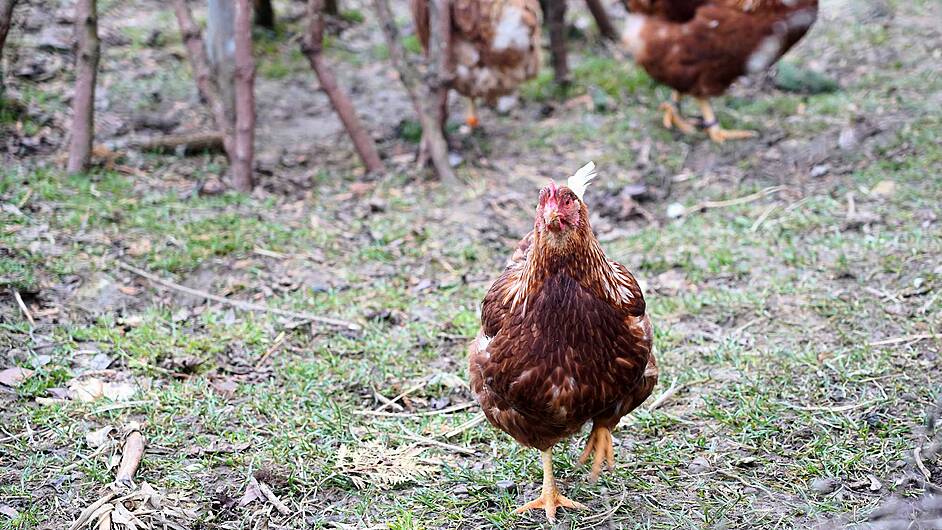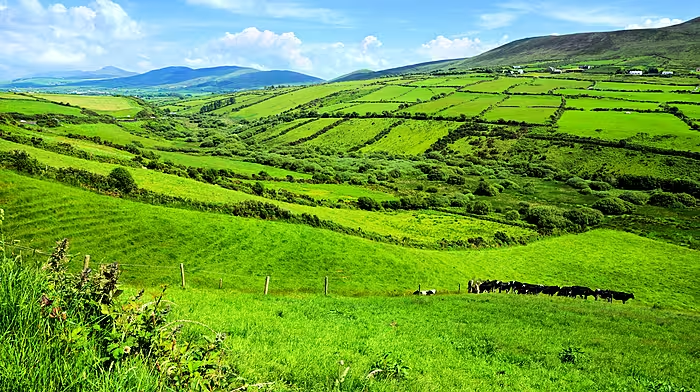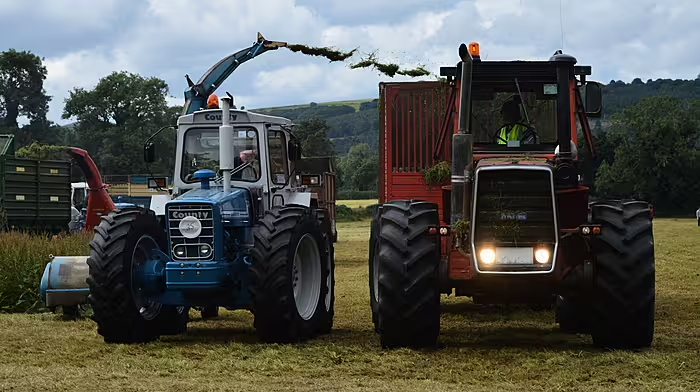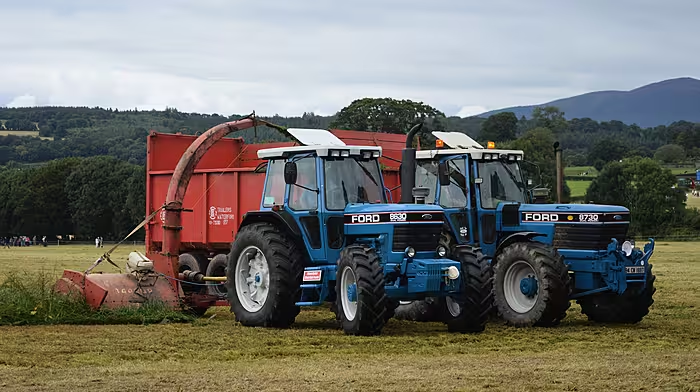OWNERS of poultry in West Cork have been urged to be on the lookout for any signs of bird flu after the disease was discovered in a wild bird in Co Galway.
The detection this week of H5N1 avian influenza virus in a buzzard highlights the level of risk to Irish poultry, the Department of Agriculture said.
In recent months, there have been outbreaks of avian influenza in poultry in many countries across Europe, with two cases in poultry in England in the past few weeks.
‘All poultry flock owners should remain vigilant for any signs of disease in their flocks, maintain strict biosecurity measures and report any disease suspicion to their nearest department Regional Veterinary Office, even if they only have one or two birds,’ a Dept spokesperson said.
The advice was reiterated by West Cork IFA chair Tadgh Healy, who is himself a poultry farmer, who said it was important that high biosecurity standards are followed.
For flocks of 350 birds or more, the implementation of further enhanced biosecurity measures by flock-owners is required, appropriate to their larger holdings. West Cork is home to large commercial poultry producers and several smaller free range producers, while traditionally many farms could keep a few hens, and vigilance is urged at every level. Producers bringing poultry indoors have the added concern that they could potentially bring an infection indoors and increase any potential spread.
The increased biosecurity measures for poultry and other captive birds as a precautionary measure to help prevent outbreaks of Highly Pathogenic Avian Influenza (HPAI) and came into effect last Friday.
‘The detection this week of H5N1 avian influenza virus in a wild bird (buzzard) from Co. Galway highlights the level of risk to Irish poultry,’ said a Dept statement. ‘There have also been many incidents of avian influenza virus being detected in wild birds in European countries. Infected wild birds have been reported along the coasts of northern France, western Britain, Norway and Iceland, emphasising the ongoing risk to Ireland.
As we enter the winter period, the risk of avian influenza to Irish poultry has increased substantially. This is because of more wild birds migrating here, and the increased survival of the virus at cold temperatures.’
Strict biosecurity includes taking all steps necessary to prevent any virus in the environment which may have been shed by infected wild birds from being brought into contact with poultry or kept birds. ‘This regulation now requires keepers of poultry and wild birds to implement these biosecurity measures, which will protect their flocks, their livelihoods and the wider poultry industry in Ireland,’ said the Dept.
Members of the public are advised not to handle sick or dead wild birds and to report any episodes of sick or dead wild birds to the Regional Veterinary Office or contact the Department of Agriculture, Food and the Marine disease helpline on 01 492 8026. The department continues to closely monitor and assess the disease situation and is in regular contact with industry stakeholders.










